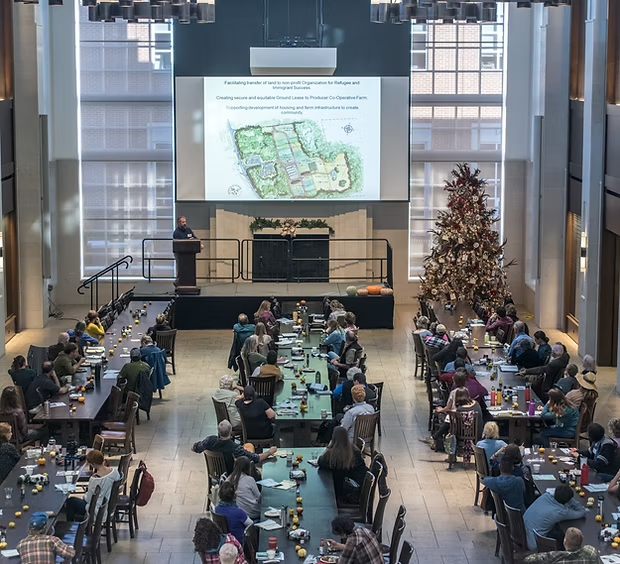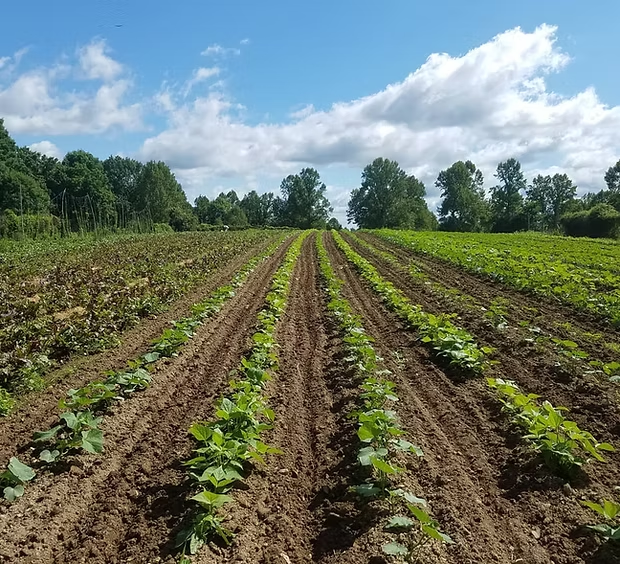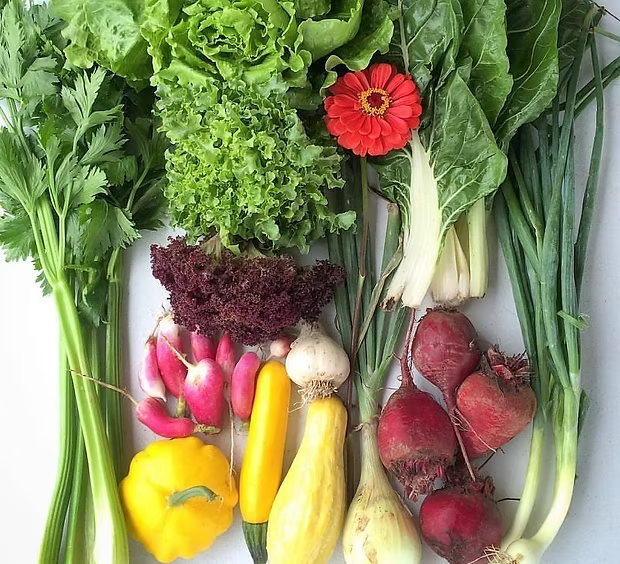Farmland Commons
The Farmers Land Trust focuses on creating and supporting Farmland Commons
Farmland Commons are community centered, democratically run, limited scope 501(c)(2), 501(c)(25), 501(c)(3) and non-profit entities that are established to hold title to lands, steward and manage those lands, and convey secure and affordable lease tenure to those who practice regenerative agriculture and ecological stewardship.
The Farmland Commons model applies the knowledge and experience gained from conservation land trusts and community land trusts to land ownership structures designed to achieve good stewardship, tenure, and equity.
Through the Farmland Commons, we work to:

Why this work is needed
We know that land is at the heart of power and wealth and that colonization and privatization create and perpetuate deep, systemic land injustices. We experience and witness our disconnection from the land and from each other, land inequity, and how those who grow food and cultivate land are experiencing significant financial, market, climate, and stress factors. We know land is the foundation of civilization, culture, and community and we know we are part of the land. We know that new and aspiring farmers identify land access as a primary barrier to farm viability and existing and retiring farmers must destroy what they have built over a lifetime or more
by selling their farms for development and speculation simply to retire. We know that, on average, 37 mid-size farms close permanently every single day in this country and that successful generational farm transitions are fundamental to sustaining agrarian culture and community resilience.
We have an opportunity to create a positive impact on the transition of some of the 400,000,000 acres of farmland which is going to be bought, sold, or inherited in the next two decades. This is one of the largest transfers of wealth the world has ever seen, and how that land is transferred and held matters now more than ever.






